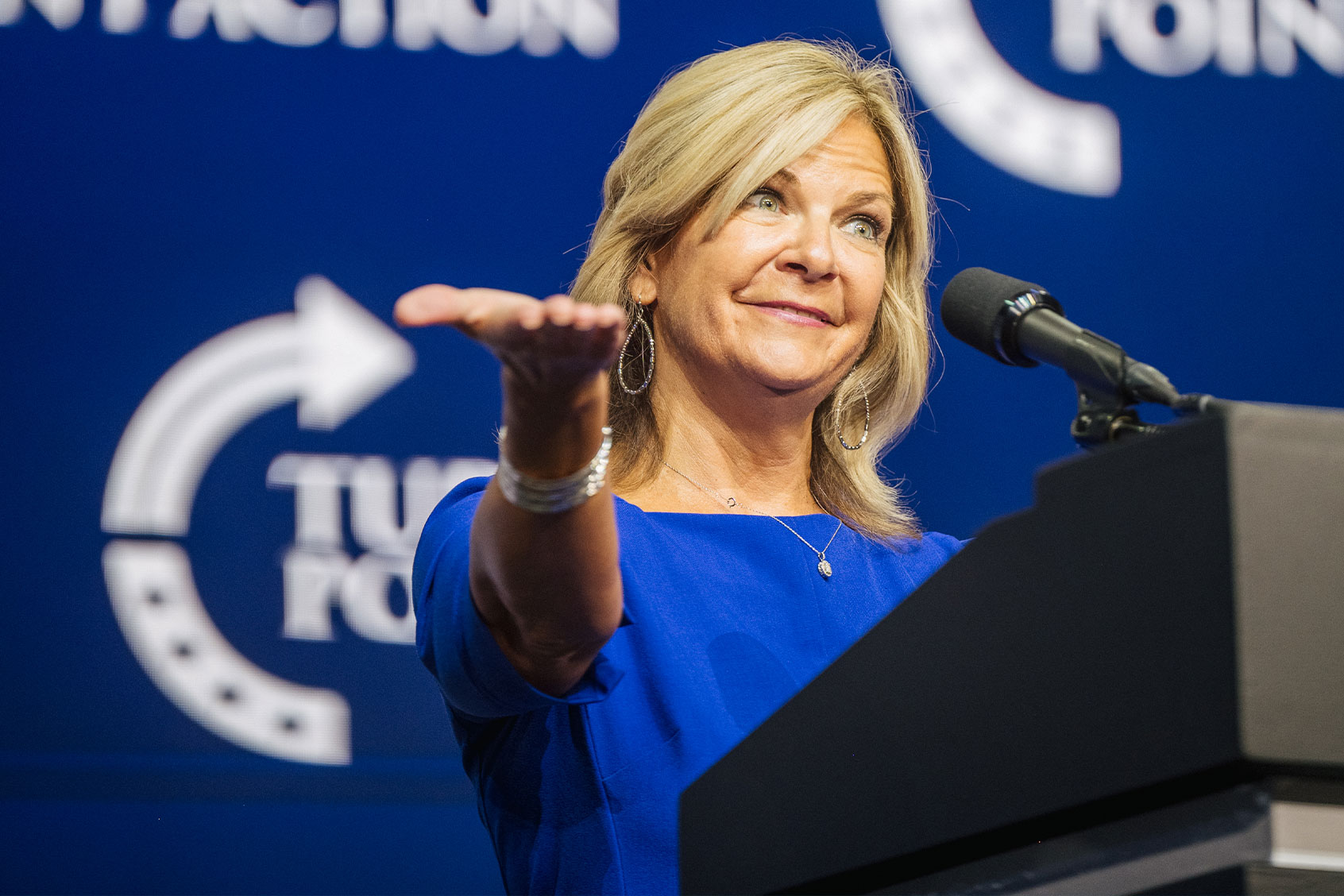Major Republican donors to the Arizona and Michigan Republican Parties, who have each donated tens of thousands of dollars to the parties over the last six years, have ceased supplying funding because of Republican leaders’ attempts to overturn 2020 election results, their support of losing candidates who tout Trump’s election conspiracy theories and what they consider extreme views on issues like abortion, six benefactors told Reuters. “I question whether the state party has the necessary expertise to spend the money well,” real estate mogul Ron Weiser, one of the Michigan party’s biggest donors and a former chair of the party, told the outlet.
Despite Republicans’ efforts to ramp up support in order to win back the battleground states that could determine whether they regain political power in the 2024 election, Arizona and Michigan’s parties have been bleeding money in recent years, according to the outlet’s review of financial filings and interviews with the donors and three election campaign experts. Arizona’s Republican Party on March 31 had less than $50,000 in cash reserves in its state and federal bank accounts to spend on overhead expenses, compared to the $770,000 it had at the same point four years ago. And as of March 31, the total in the Michigan party’s federal account amounted to $116,000, down from the nearly $867,000 it had two years ago. “They are effectively broke, and I don’t see the clouds parting and the sun coming out on their fundraising abilities,” Jason Roe, the former head of the Michigan GOP, told the outlet.
Last year, the Arizona GOP spent more than $300,000 on unspecified “legal consulting” fees and more than $500,000 on an election night party and bus tour for statewide Trump-endorsed candidates, all of whom lost in November’s midterms, according to the party’s federal financial filings. Separate campaign and legal disclosures show money was also paid to lawyers who represented the former Arizona party chair Kelli Ward when the Justice Department subpoenaed her over her involvement in a scheme to falsely certify to Congress that Trump had won the election, and when a congressional committee subpoenaed her phone records. Ward, who resigned from the role in January after four years, told Reuters she and her team always had funds to cover expenses and had left her successor at least three months’ worth of funds to cover operation costs and a “robust fundraising operation.” Seth Masket, director of the non-partisan Center on American Politics at the University of Denver, told Reuters that both parties have “astonishingly low cash reserves,” meaning their “ability to help candidates is severely limited right now.”


